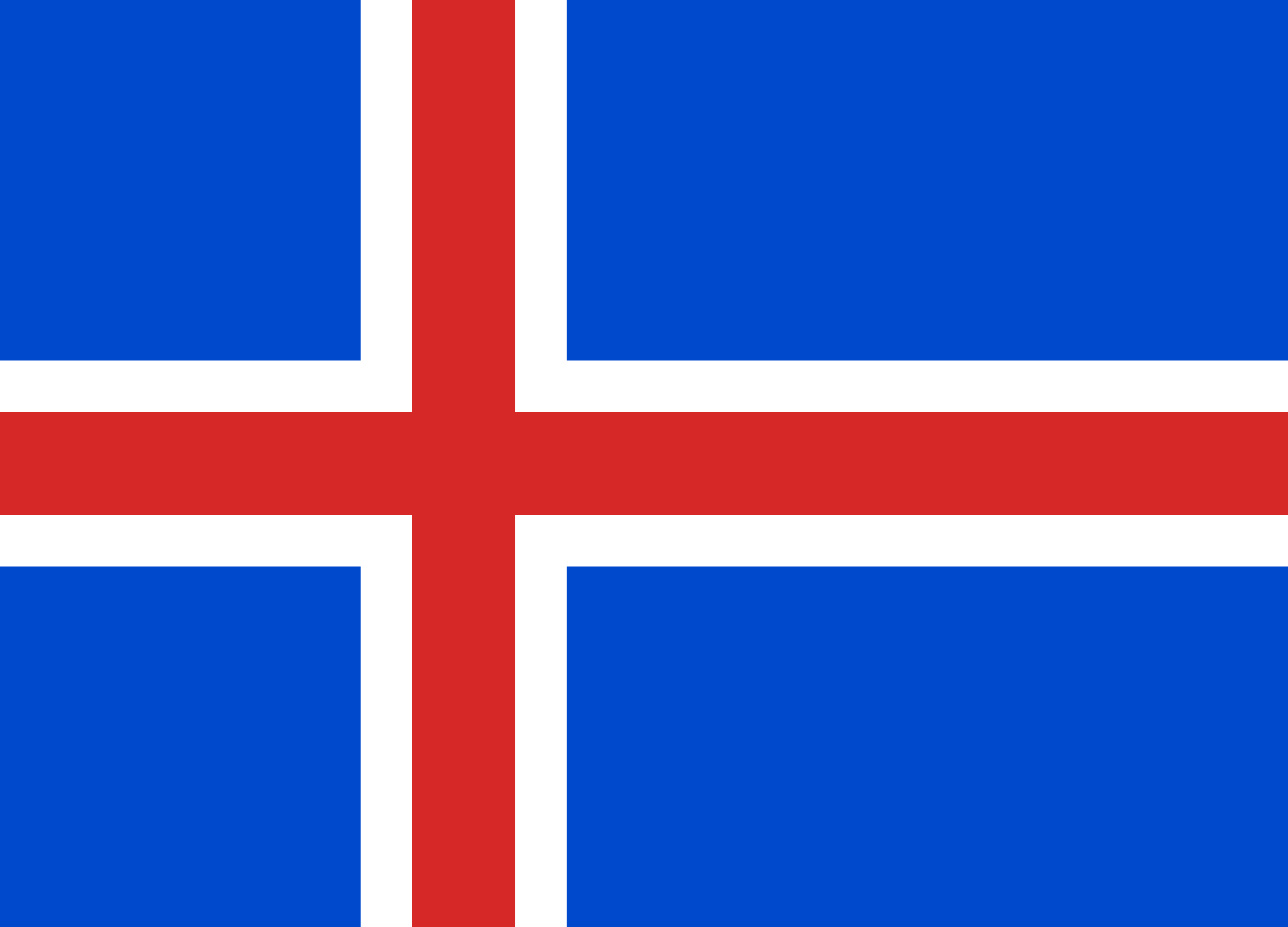Euro 2016 National Anthems-Iceland
Posted on June 23, 2016
Today, in the last 16 of Euro 2016, I thought that I would take a look at the Icelandic national anthem because I rather enjoyed their commentator’s impartiality as his team broke away to secure victory in the last minute versus Austria last night.
Impartial: Iceland Commentator
What is quite striking about it, is that it mentions 1000 years and God quite a lot, which means, one must assume, that God is to thank for a thousand years of existence. God plays a big part in national anthems, which confirms what a big role he used to play in everyday life.
I wonder what role he will have in another 1000 years, if any at all?
Also, quite interestingly, there is no mention of uprisings, rebellion or stoic defence of a monarch, just, it appears, a thankful and celebratory tone.
This would suggest limited invasions or dictatorships but if you check your WWII history, we invaded it (we have invaded nearly everyone) without resistance in 1940 (for strategic purposes) and agreed compensation and favourable trade deals as part of the bargaining.
In Iceland, nationwide celebrations were held throughout 1874 to mark the 1000th anniversary of the first Norse settlement of the island and to celebrate the occasion, the Bishop of Iceland decreed that church services on August 2 of that year were to be held based on the anniversary, and the text to be presented was Psalm 90.
The Rev. Matthías Jochumsson then decided to write a poem based on the Biblical text and the millennial anniversary. While abroad visiting, Scotland, he met up with Sveinbjörn Sveinbjörnsson, whom he asked to compose music for his poem. Sveinbjorn who it is reasonably safe to assume, was also Icelandic, but taking in some rays in Kirkcaldy (Scotland’s Riviera) agreed, and the rest they say, is history.
It soon became popular but it was not considered a national anthem as Icelandic independence from Denmark was still over 40 years away and Icelanders usually sung “Eldgamla Ísafold” by Bjarni Thorarensen as a national anthem.
However, that song had anti-Danish lyrics and was set to the tune of the British national anthem (No, never!) therefore “Ó, Guð vors lands” (O, God of Our Land) was played as the national anthem when sovereignty was proclaimed in 1918.
Ok everyone, sing along…

Got something to say?